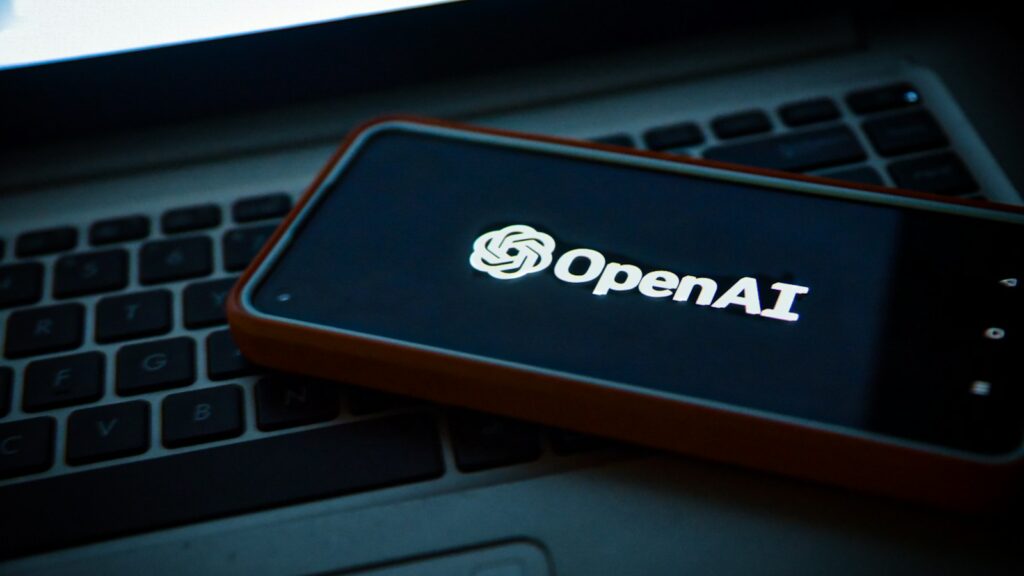OpenAI, maker of ChatGPT and originally a non-profit, is struggling to agree a governance and finance restructure that will ensure the company brings public benefit amid its increasing hunger for cash.
Every organisation grapples with a similar tension: at its simplest, this is the conflict between money and people. A wider perspective reveals the tug-of-war between self-interest and stakeholder value – a dynamic that plays out across charities, governments and, of course, businesses.
Is HR on the losing side?
This question of money versus people undermines HR professionals as champions of employee interests. Profits typically stand before colleagues in the queue for executive attention; budget flows to developing systems over teams; managers’ ideas about returns on investment (ROI) are confused.
Tension between competing ambitions can, of course, be a wellspring of energy and innovation. At the same time, the conflict between self-interest and stakeholder value explains why organisations make stupid decisions, sell harmful products, burn the planet, cheat customers and abuse employees.
The tug-of-war similarly accounts for cases where organisations become stuck in a rut: in a standoff between the two imperatives, relationships are not forged, agreement is not reached, decisions are not made and action is not taken.
HR professionals can help their organisations find the middle road by role modelling fit leadership and supporting teams to build awareness and capacity.
Grappling with conflict
Whilst all teams are embroiled in the conflict, HR, whose duty is to safeguard investments in people, often finds itself on the front line.
Still, reconciliation is possible, and to good effect.
When everyone sees how self-interest routinely competes with value for resources such as time, budget and attention, people understand better the motives behind ideas, decisions and actions. This clarity liberates thinking, eases relationships and secures cooperation for good outcomes.
Three truths about the conflict
Three truths illuminate the complexity of this leadership challenge.
First, both sides in the conflict have a rightful claim. Organisations will not survive if they do not ensure they are sustainable in terms of both financial and other assets. They must also meet the reasonable self-motivated demands of owners and employees – usually growth in various measures.
Similarly, organisations are called upon to create value for stakeholders: the planet; society and the communities people live in; customers and beneficiaries; colleagues and others with interests along the value chain.
From this emerges the second truth, that managers who run the organisation have a duty to reconcile the pursuit of self-interest with a commitment to stakeholder value. An organisation that cannot discover balance careens toward harm and disaster, for itself or for others.
Third, few non-profits and hardly any businesses fail because they subordinate their own needs to those of wider stakeholders. Most harm is done where organisations act on the gravitational pull of self-interest: usually money and notably shareholder return.
OpenAI’s reckless U-turn
Whilst the future of OpenAI’s governance remains unclear, the firm today provides a striking example of this gravitational pull. The story of ChatGPT reveals the harm caused when firms marshal assets, both materials and power, to serve their parochial interests.
In her revelatory book Empire of AI, journalist and artificial intelligence (AI) expert Karen Hao tells how OpenAI abandoned its origins as a non-profit, where work – through a safety-first mission to build AI for the benefit of humanity – was guided by stakeholder value.
Global extraction, unfettered exploitation
With capital and momentum derived from a U-turn in culture and ambition, OpenAI as a profit-seeking business extracts, without contrition, resources for its own gain. Hao catalogues across 400 pages the harms that the company, and the AI industry more broadly, are inflicting on society.
For example, data centres consume unsustainable water and energy; citizens of the Global South clean data for sweatshop wages; training inputs are stolen without recompense; users’ privacy is violated. OpenAI answers rising concerns about AI risks by posturing or with efforts to silence critics.
OpenAI has yet to articulate a coherent vision for the future or for how its vague promises help anyone but shareholders and tech partners. Meanwhile, ChatGPT is now blindly disrupting labour markets and workplaces, schools and universities, and our emotional, mental, and social lives.
Chief Executive Sam Altman believed that the non-profit model prevented OpenAI from raising funds for his ambitions. The reckless inability of decision-makers to reconcile self-interest and stakeholder value has brought, for them, influence and wealth; for everyone else, untold calamity.
The imperatives of self-interest and stakeholder value are facts of workplace life: all executives shoulder a non-negotiable responsibility to reconcile the two.
How HR can ease the conflict
The gold standard of work is to make money by creating value. Whilst the economy is rarely so simple, the OpenAI exposed by Hao is, by any measure, a poor role model.
Across all disciplines, thoughtful leaders – intelligent and empathic people who care about the impact of their work – harness individual and collective imagination to pursue both self-interest and stakeholder value.
Below are four ways HR professionals can help their organisations find the middle road, by role modelling fit leadership and supporting teams to build awareness and capacity.
1. Recognise the legitimate conflict
The best employees are personally invested in value for stakeholders. They secure the future of the organisation whilst, justifiably, considering their own wealth and careers. Reveal how this tension rightly shapes thinking, decisions and actions.
2. Show understanding
In recognising how everyone grapples with competing interests, press for understanding and compassion when priorities feel skewed in one direction. Good managers see that people and work are complex: blame is no path to reconciliation.
3. Discourage ‘either / or’ thinking
Ways forward may come across as binary choices. Still, with imagination, people find strategies that yield stakeholder value whilst advancing local interests. Create conditions for colleagues to question the limited thinking of ‘either A or B’.
4. Stand for a third way
When the balance is wrong, an organisation risks its own future or, more likely, recklessly plunders the environment. As colleagues face tough decisions, stand for a culture of thoughtfulness and courage, and champion bold action.
Duty of executives
The imperatives of self-interest and stakeholder value are facts of workplace life: all executives shoulder a non-negotiable responsibility to reconcile the two.
HR leaders are encouraged to use their voice in the boardroom to advance strategies that are sustainable by both yardsticks.
Any organisation that makes money by extracting, rather than creating, value must either discover fresh imagination, or shut its doors. Here is one middle road that goes nowhere.






